Understanding fractions Worksheets for 4-Year-Olds
32 filtered results
-
From - To
Explore our engaging "Understanding Fractions Worksheets for 4-Year-Olds," designed to introduce young learners to the concept of fractions in a fun and interactive way. These worksheets feature colorful visuals and simple activities that help children grasp the idea of parts and wholes. Through hands-on exercises like sorting and grouping, kids can recognize different fractions and develop essential mathematical skills early on. Our resources are perfect for parents and educators aiming to foster a love for math in preschoolers. Download now and make learning fractions enjoyable for your little ones!
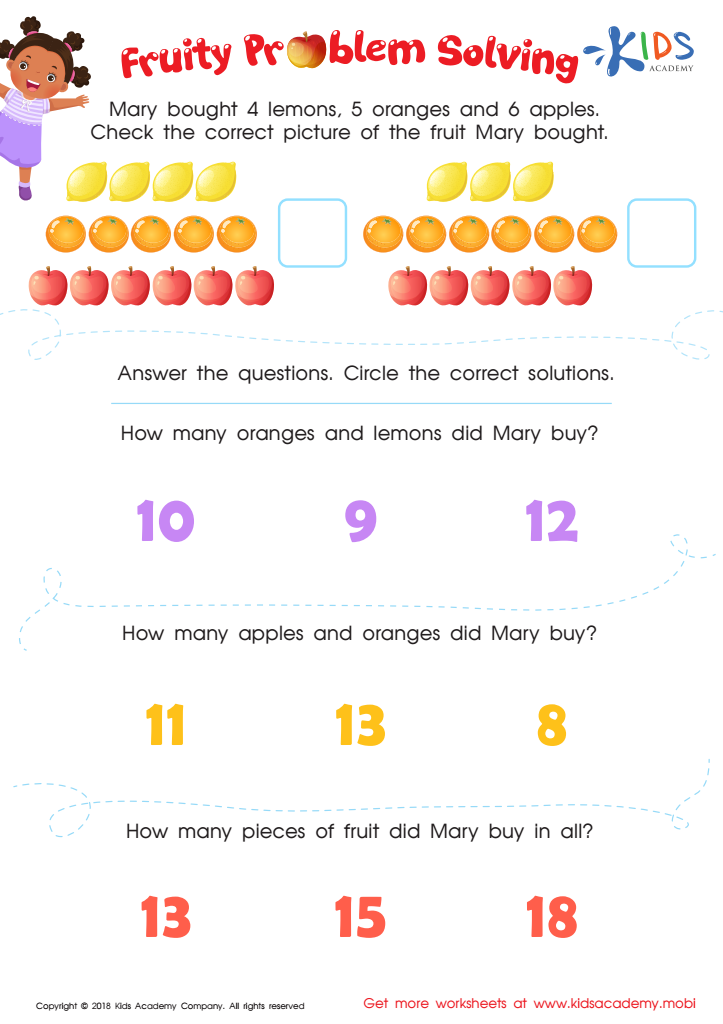

Fruity Problem Solving Worksheet
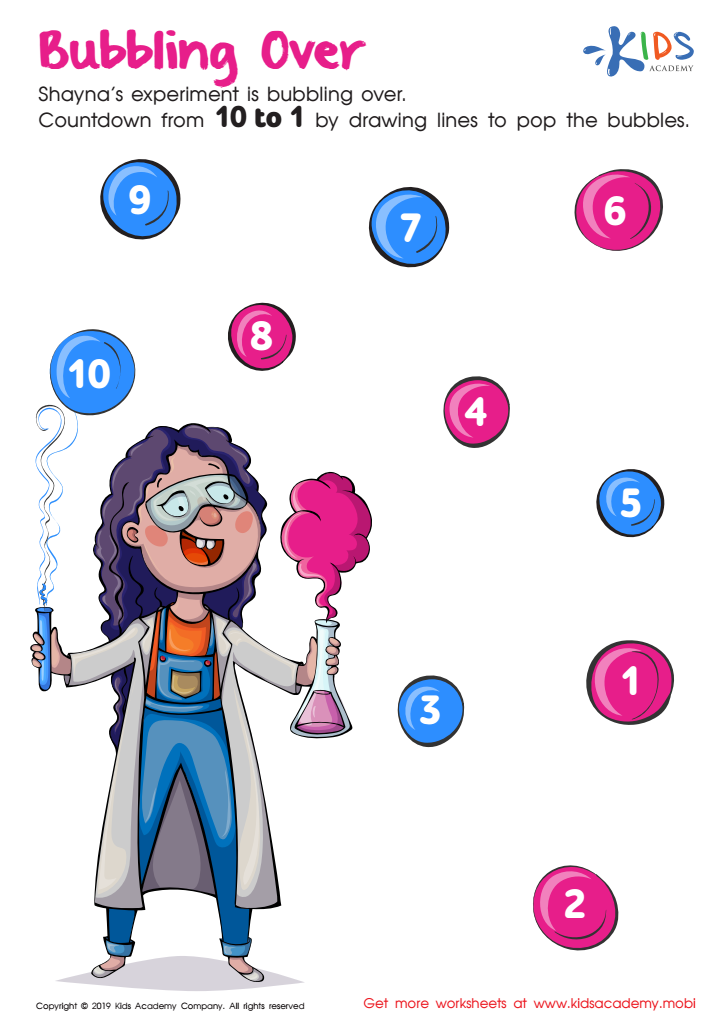

Bubbling Over Worksheet
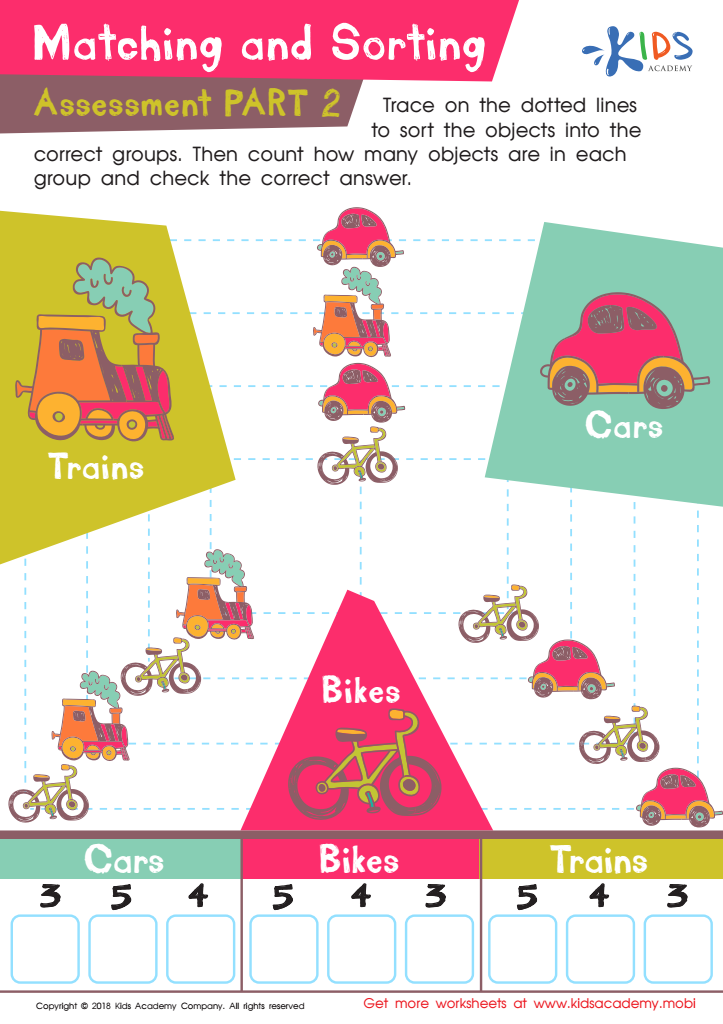

Matching and Sorting for Kindergarten: Assessment 2 Worksheet
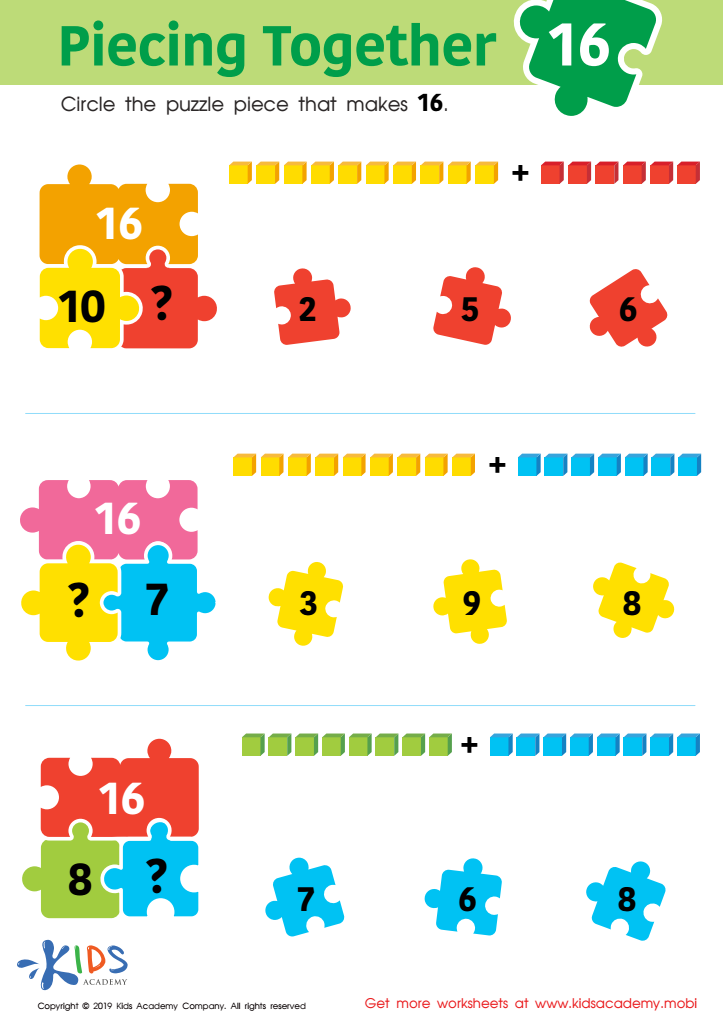

Piecing Together 16 Worksheet
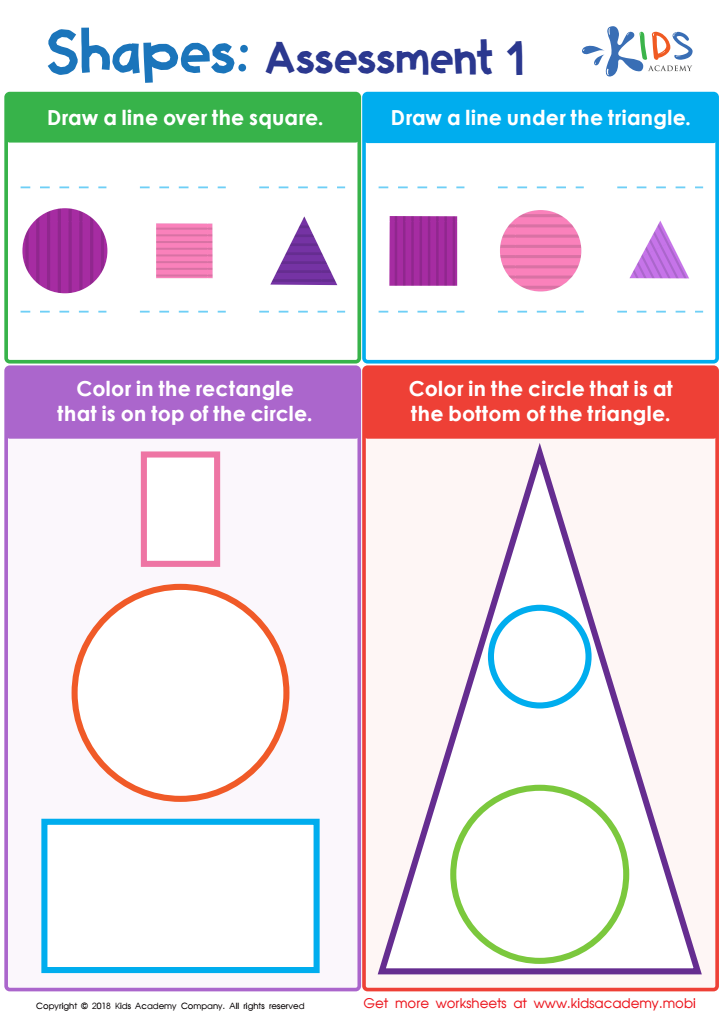

Shapes: Assessment 1 Worksheet
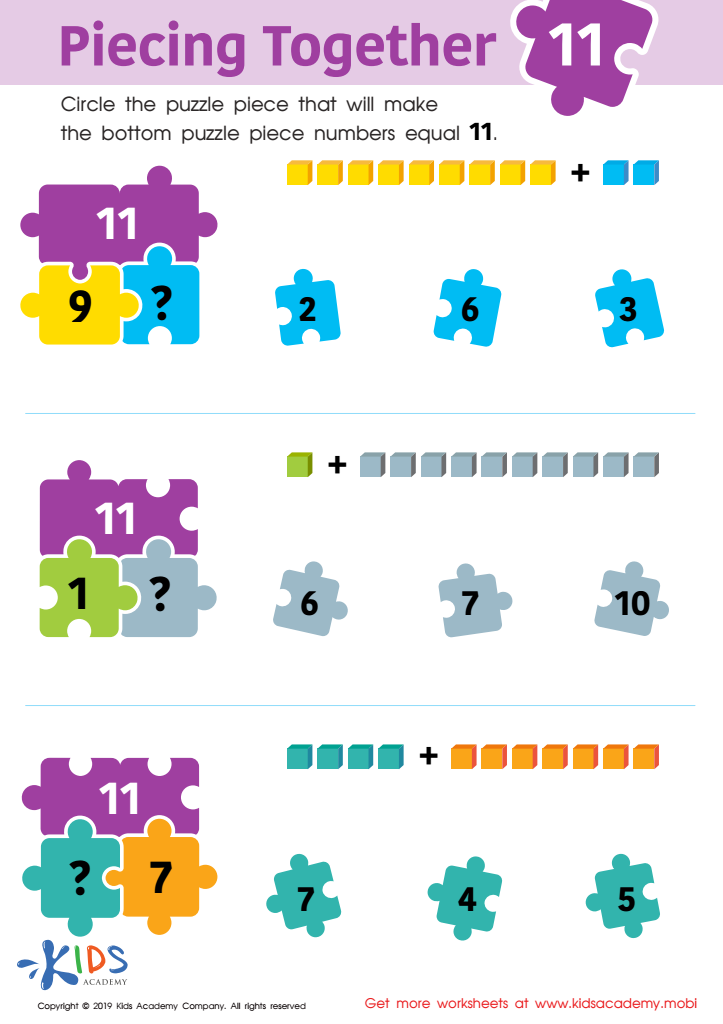

Piecing Together 11 Worksheet
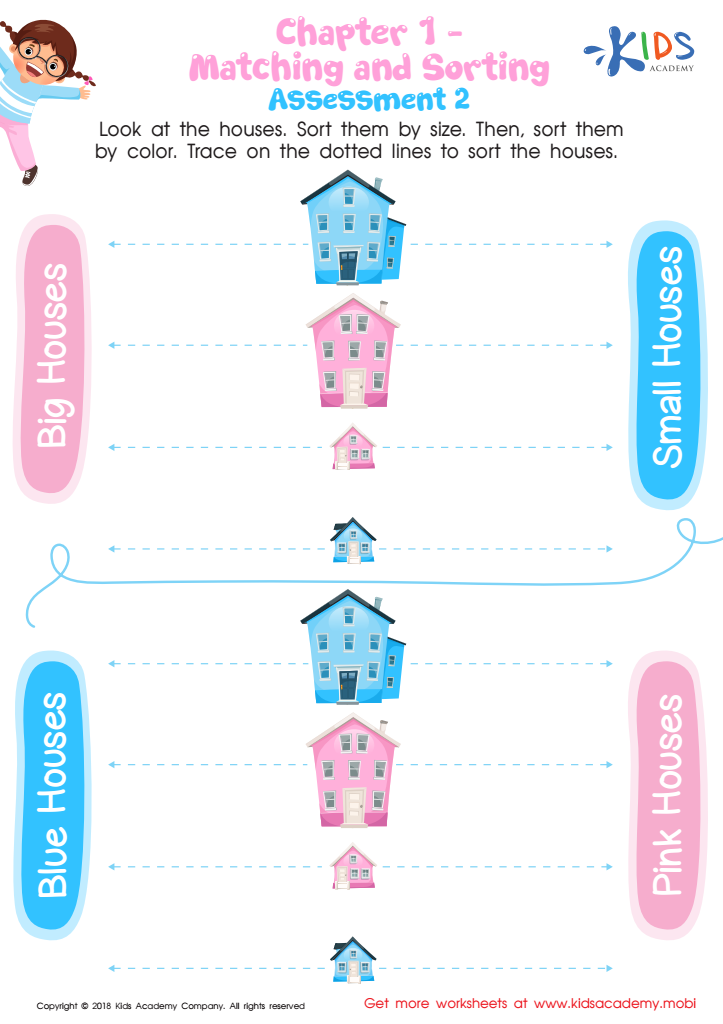

Matching and Sorting for Preschool: Assessment 2 Worksheet
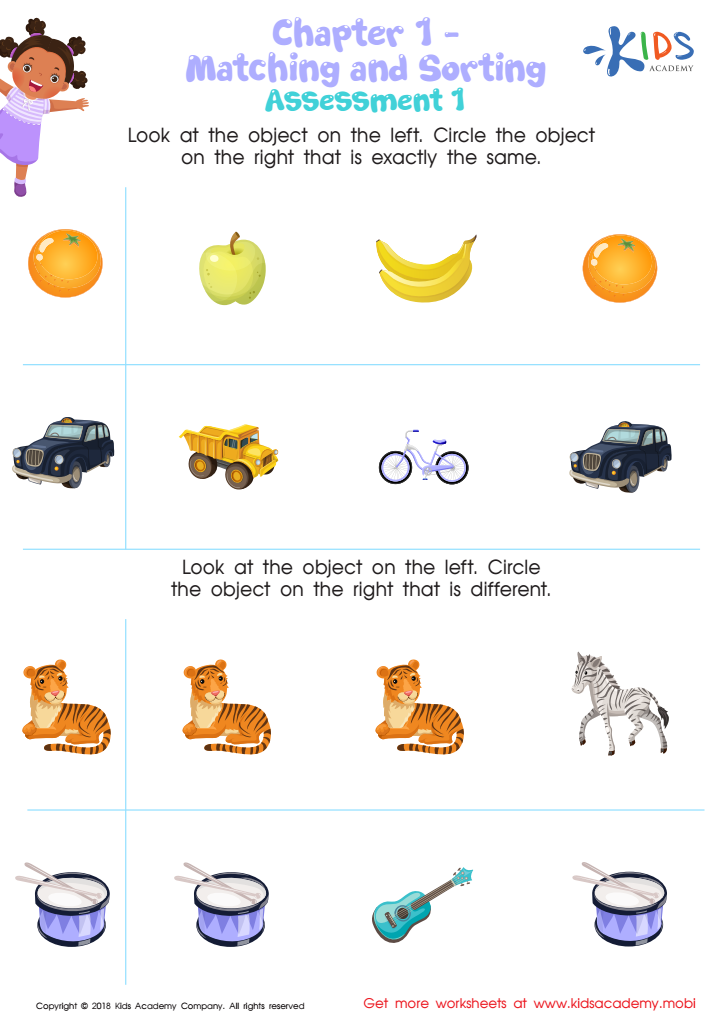

Matching and Sorting for Preschool: Assessment 1 Worksheet
Understanding fractions is essential even for 4-year-olds, as it lays the foundational skills for more complex mathematical concepts later in life. At this age, children are naturally curious and begin to develop their understanding of the world through play and exploration. Introducing basic fractional concepts, such as halves and quarters, helps them recognize parts of a whole, enhancing their cognitive development and problem-solving skills.
By engaging young learners in activities like sharing food, dividing toys, or playing games, parents and teachers can make fractions more tangible. This hands-on approach fosters comprehension and encourages collaboration and communication among peers. Furthermore, recognizing fractions aids in the development of measurement skills, which are invaluable in daily life, from cooking to shopping.
Additionally, early exposure to fractions promotes a positive attitude toward math. It helps remove intimidation ahead of formal education, making children more comfortable with numerical concepts. Ultimately, understanding fractions at a young age not only strengthens a child’s number sense but also equips them with critical thinking skills necessary for future academic success. By prioritizing early learning of fractions, parents and teachers ensure that children have the tools they need to navigate more advanced mathematical challenges and enrich their overall learning experience.
 Assign to My Students
Assign to My Students



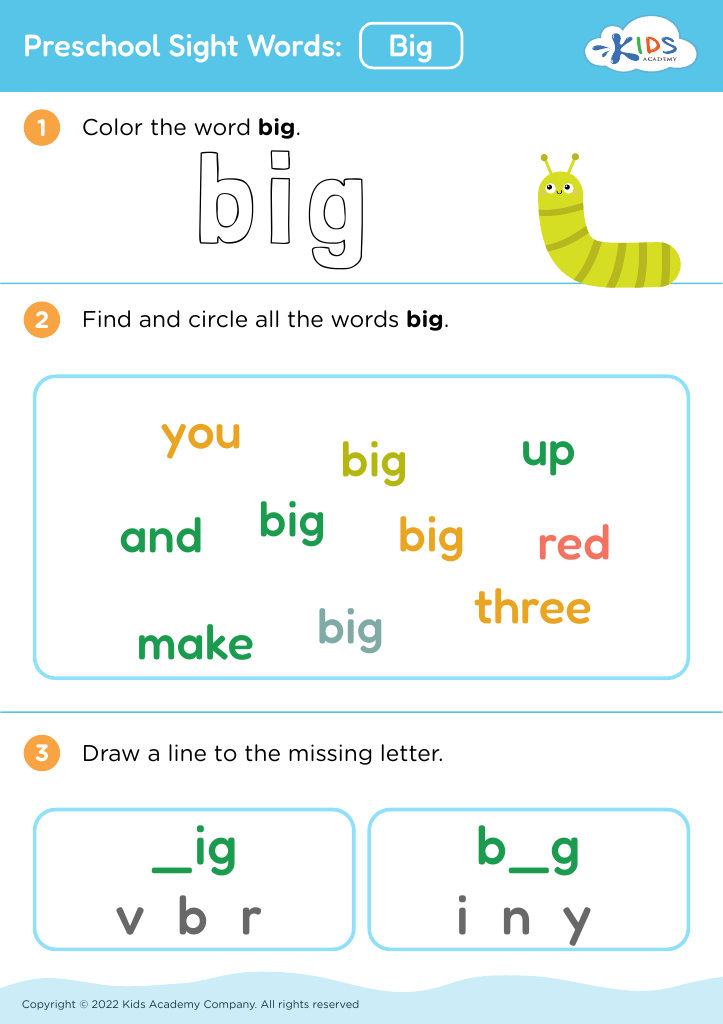

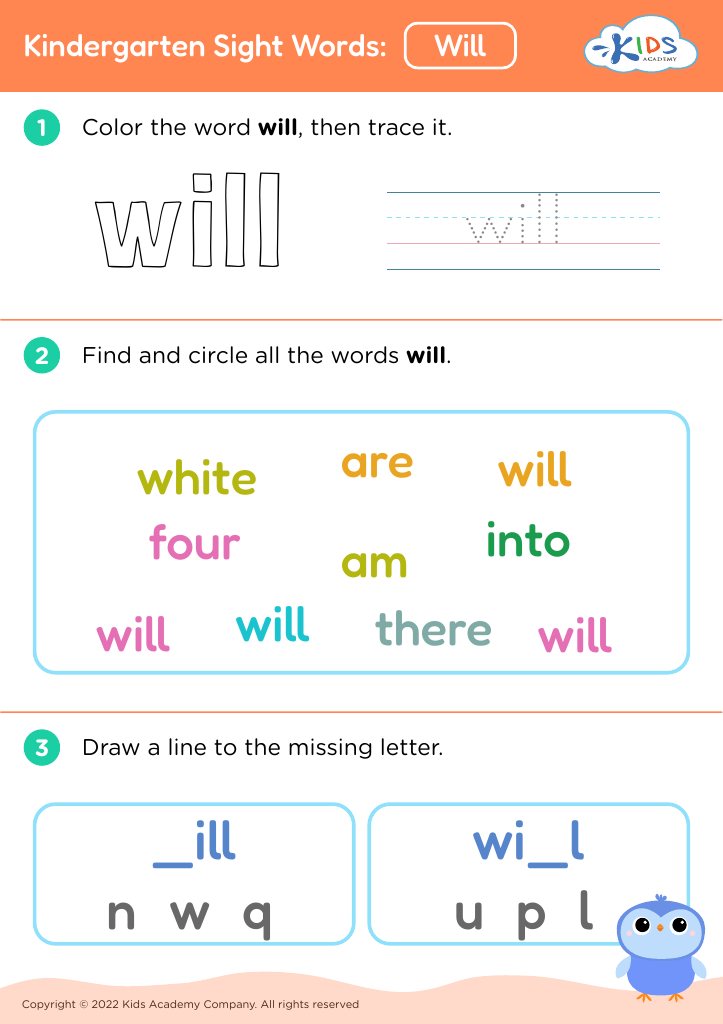


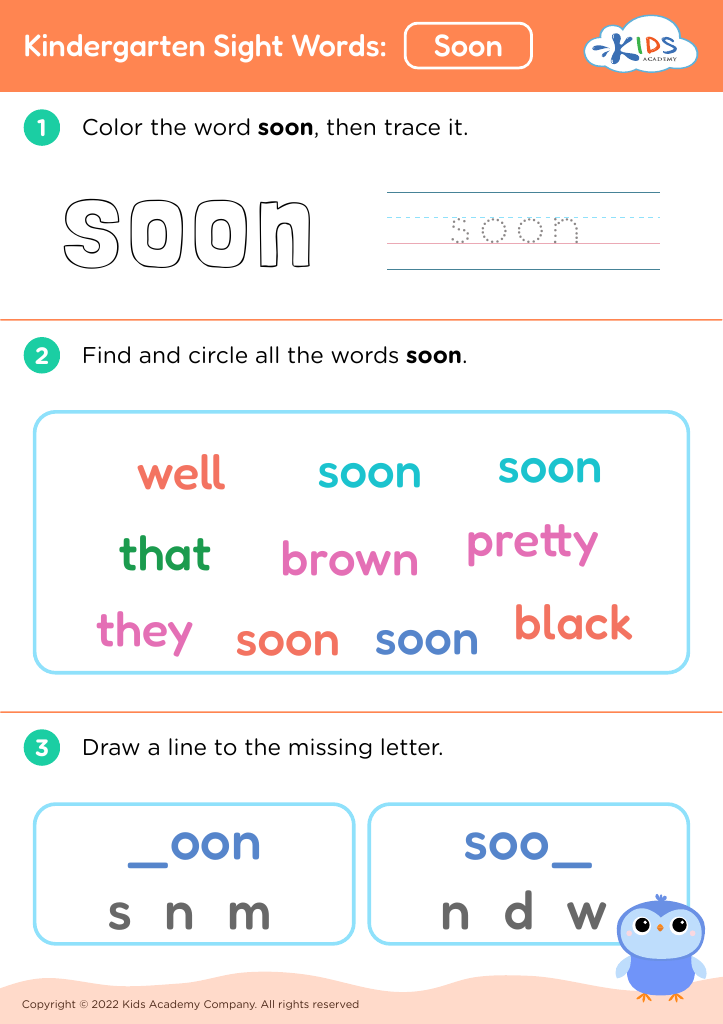


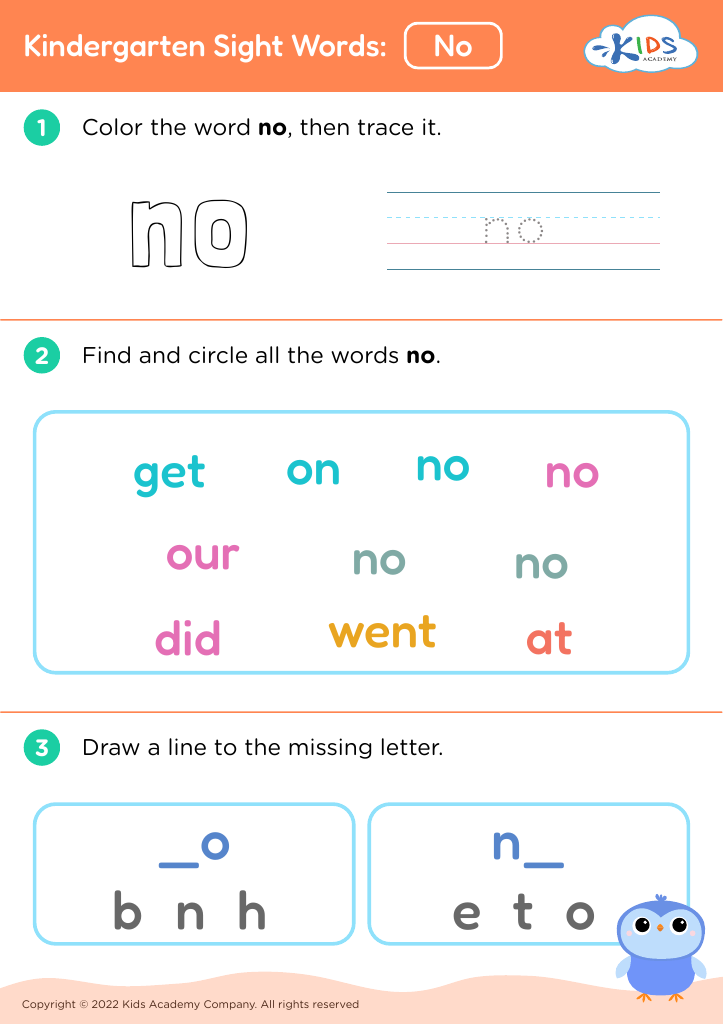

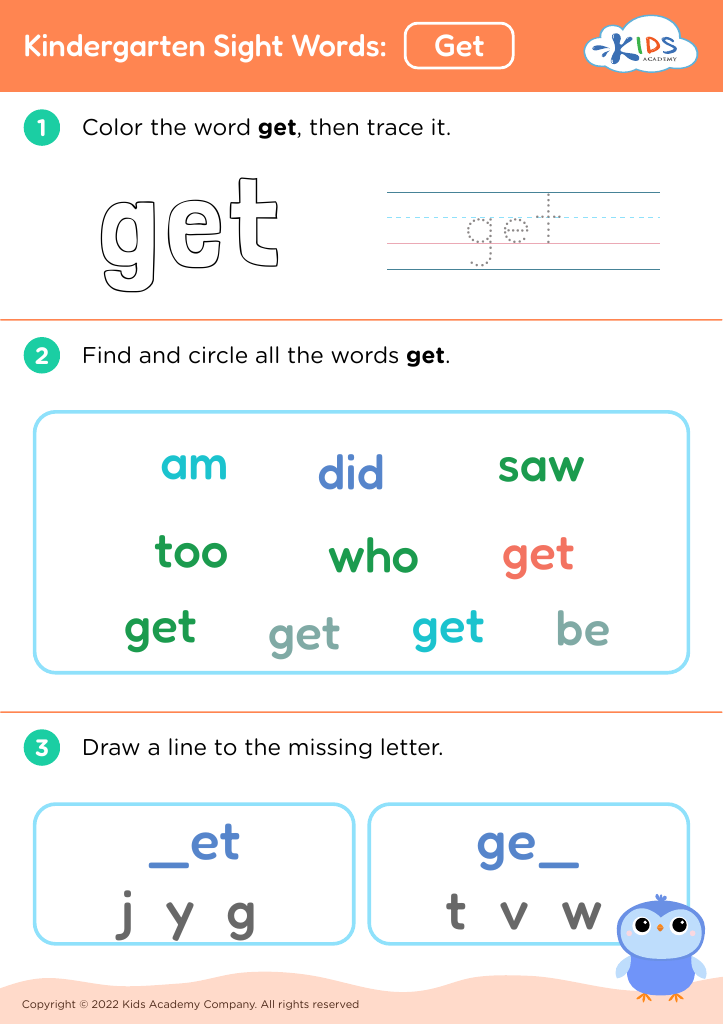
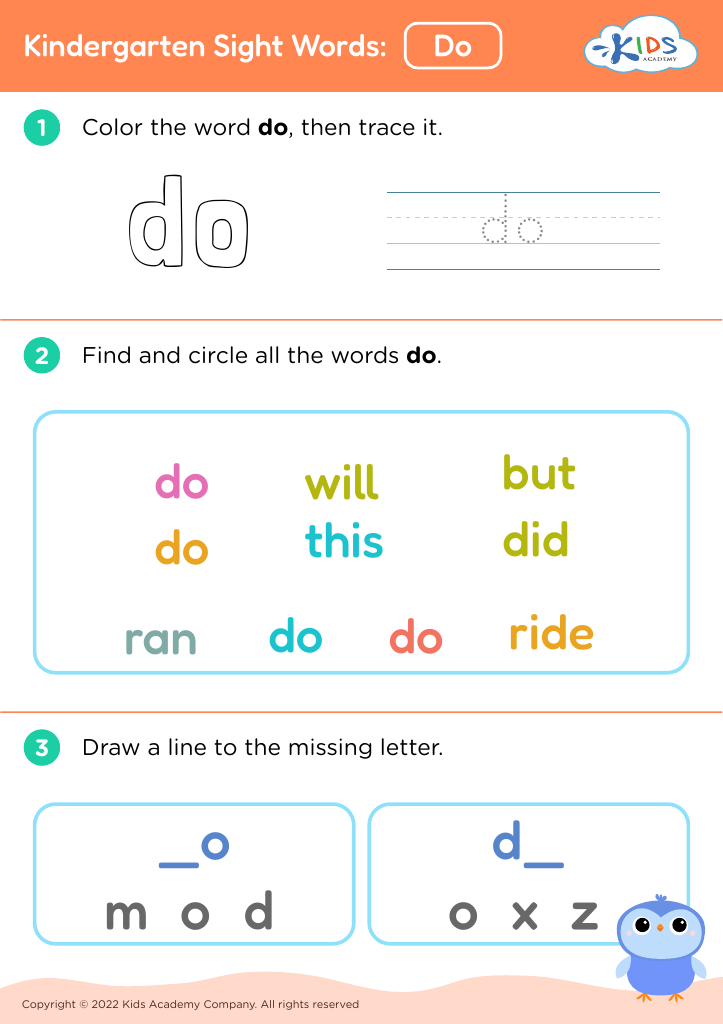
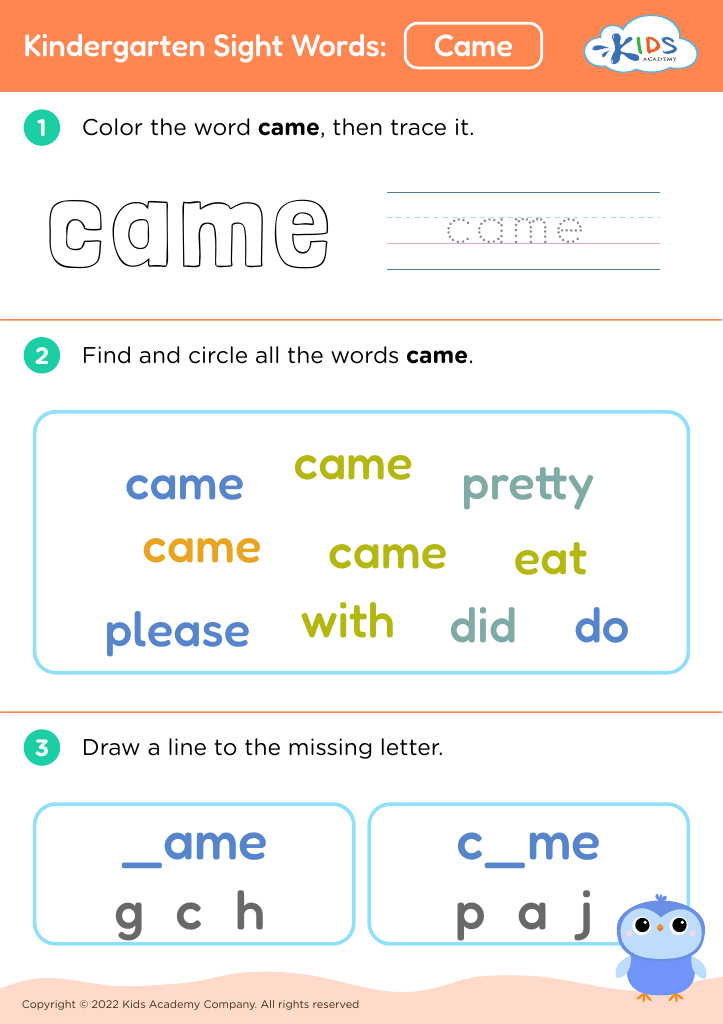

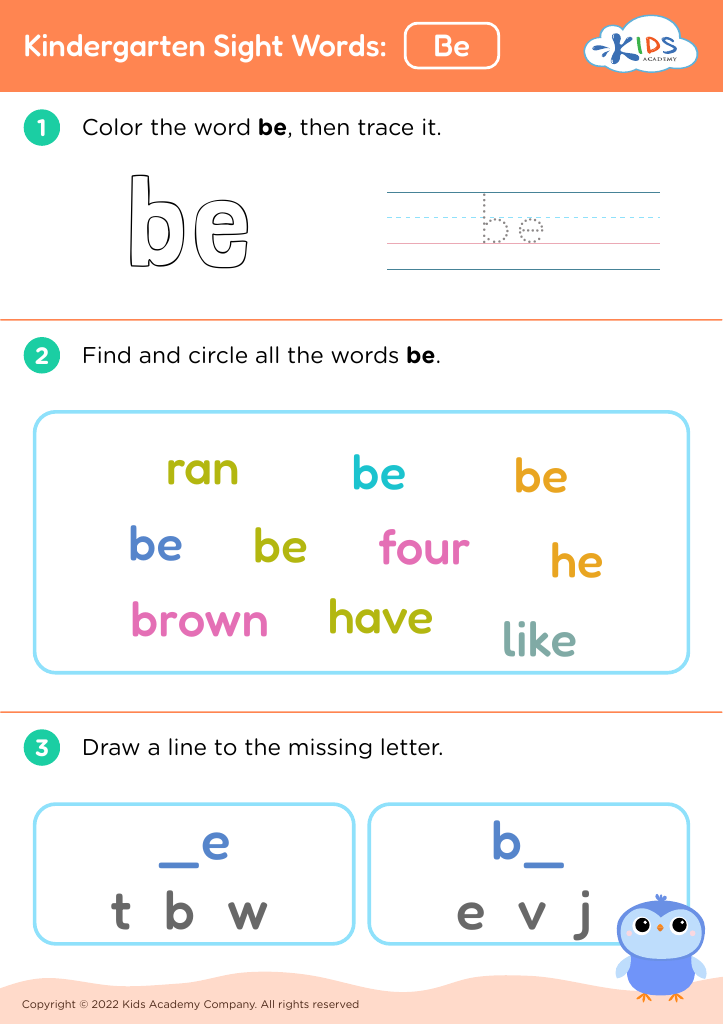




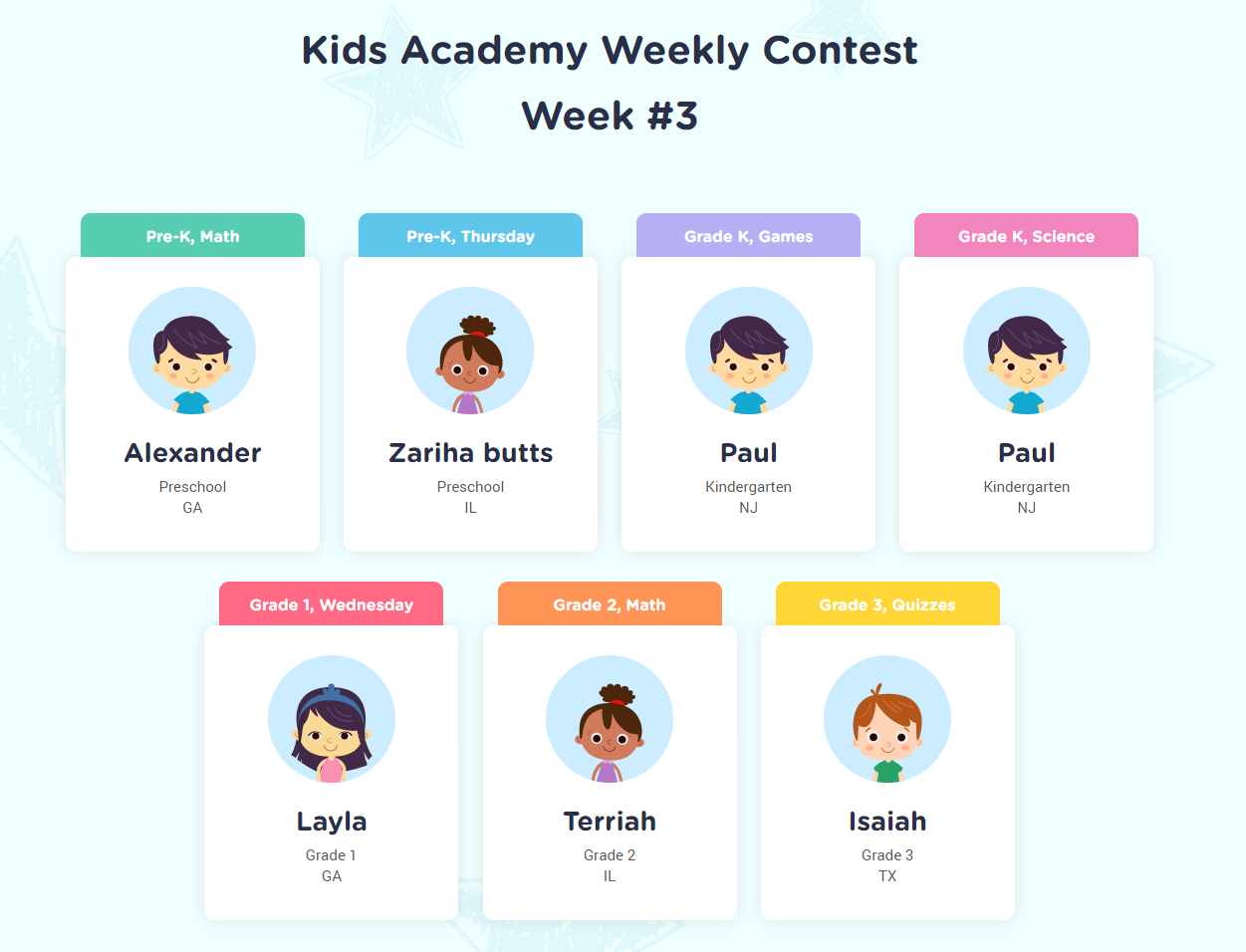
.jpg)













